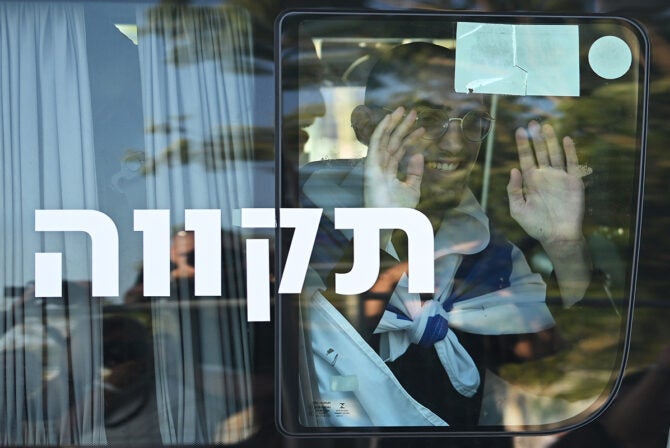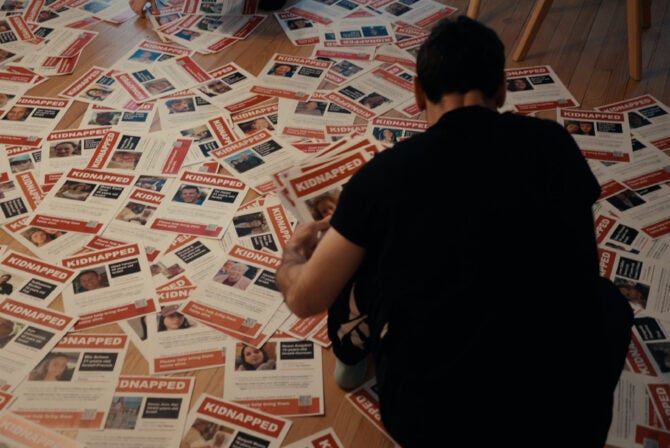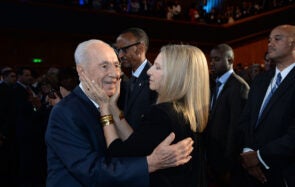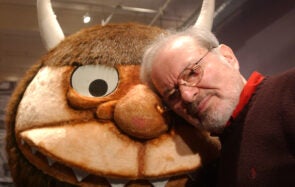Death wasn’t part of the conversation in our house when I was growing up. When my parents had a yahrzeit, they would light a memorial candle; my father would go to shul and we gave them some space. Even when my mother died much too soon, at 47— real discourse around death did not surface..
My mother’s yahrzeit falls soon after the “Three Weeks”–a public period of mourning for multiple tragedies that have befallen the collective Jewish people, culminating in the fast of Tisha B’Av, which is today Once the fast is over, the relief in the air is palpable. And yet, not for me, not really.
For me, just a week later, a darkness always descends as I prepare myself to light a memorial candle for my mother. Even worse, it always coincides with the summer break. Commemorating a Yahrzeit can be challenging enough, but in the chaos of the summer break it can become even more complicated.
And then I got married and had kids.
For the first few years of being a mom, I would light the candle and briefly explain that I was lighting a candle for the grandma they were never privileged to meet. I would go to my room and spend the evening reading, or engaged in some other quiet activity. The next day was business as usual–entertaining, feeding and looking after the kids.Until one particular summer.
My eldest had turned 15 and my youngest was 7. I decided that I didn’t want to mourn alone. It was not healthy for me–and not healthy for my kids. So it was clear to me what I had to do.
For my mother, it had to be something quintessentially English—to remember those frequent afternoon teas with my mother and grandmother. They were something that I will never forget from my own childhood. So I decided to bake scones and set the table for an afternoon tea.
I invited my kids and husband to sit around and enjoy an afternoon tea with me in memory of the woman who didn’t live long enough to become a grandmother or mother-in-law. The kids were nervous: Here was something new. They wondered, “What was up with mom?”
But I explained that I wanted them to share the Yahrzeit, to reminisce about her together, as a family. It was an event that she would have loved to attend, although I don’t think my scones could rival the cream cakes that she used to buy from the local kosher bakery.
During tea, I shared stories about my mom and tried to remember all the things that she liked to do. And then I broke my silence. A silence that had been inside for so many years. I finally told my kids how sad it made me that they never got to know my mom, how difficult it was for me that they had grown up without a loving grandma. I told them how much she would have loved each and every one of them and talked about the specific personality traits that she would have admired. I realized I had never told them this in such plain and direct language, but now it was time, even though it was painful for me to utter the words–and it was even harder for them to hear.
I cried and some of my kids cried too. But that was OK. As we wiped away our tears, I felt that a burden had been lifted.
For so many years, I had mourned alone, but the realization that I was able to share this painful love with my kids really lightened the load for me.The afternoon tea showed them that their mother–the one who was supposed to be continually strong and in control–was sometimes frail. It also showed them that they, just by virtue of being there, could provide so much support and love. Our afternoon tea was a wholly positive way to commemorate my mother’s passing–and hopefully over the years, it will become a tradition for us.
[Author’s note: I am currently researching the topic of Yahrzeit observance and commemoration and would love to hear from anyone who has been touched by my essay or has something of their own that they wish to share. I can be reached at rachel@berinson.net.]







